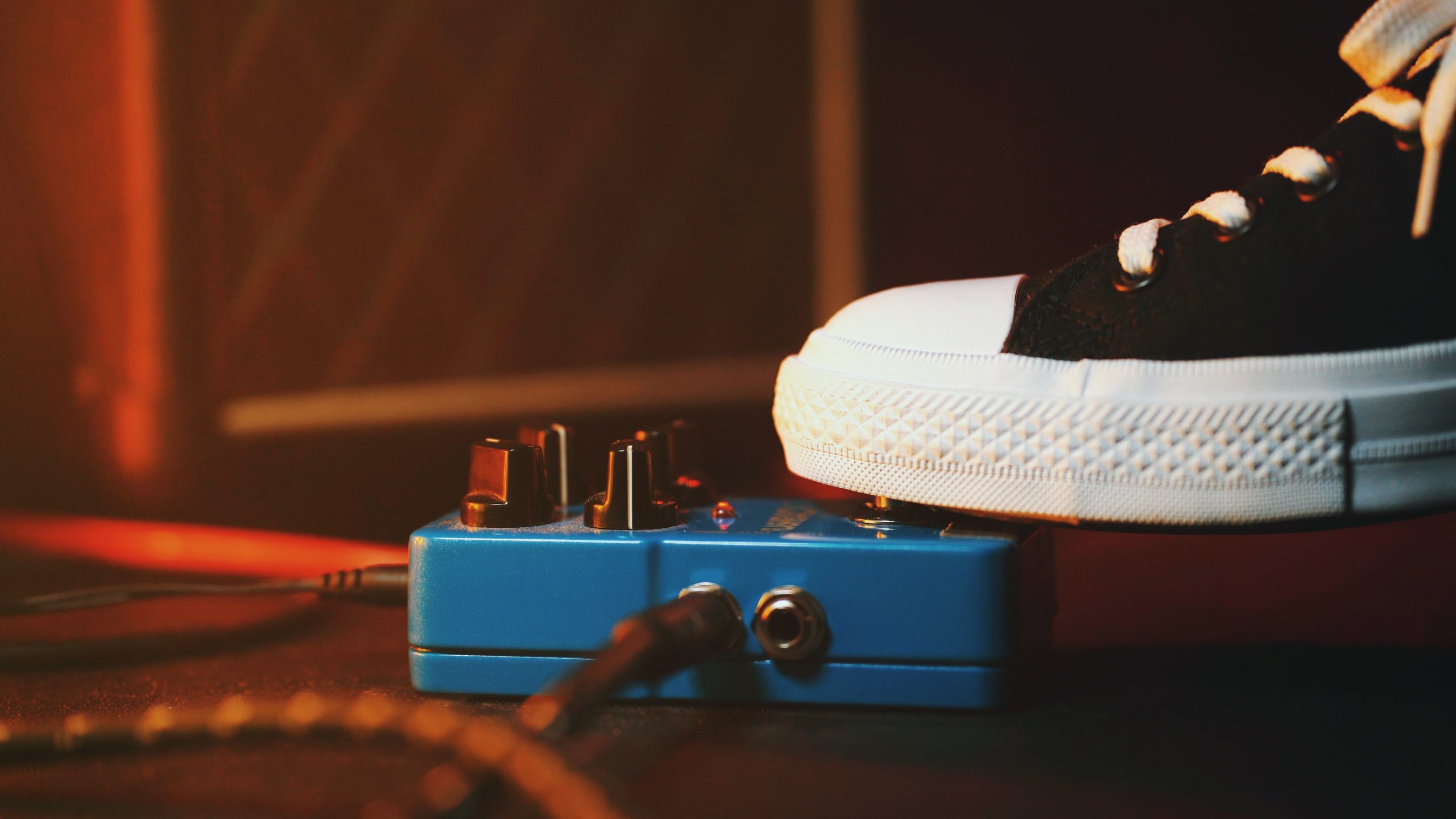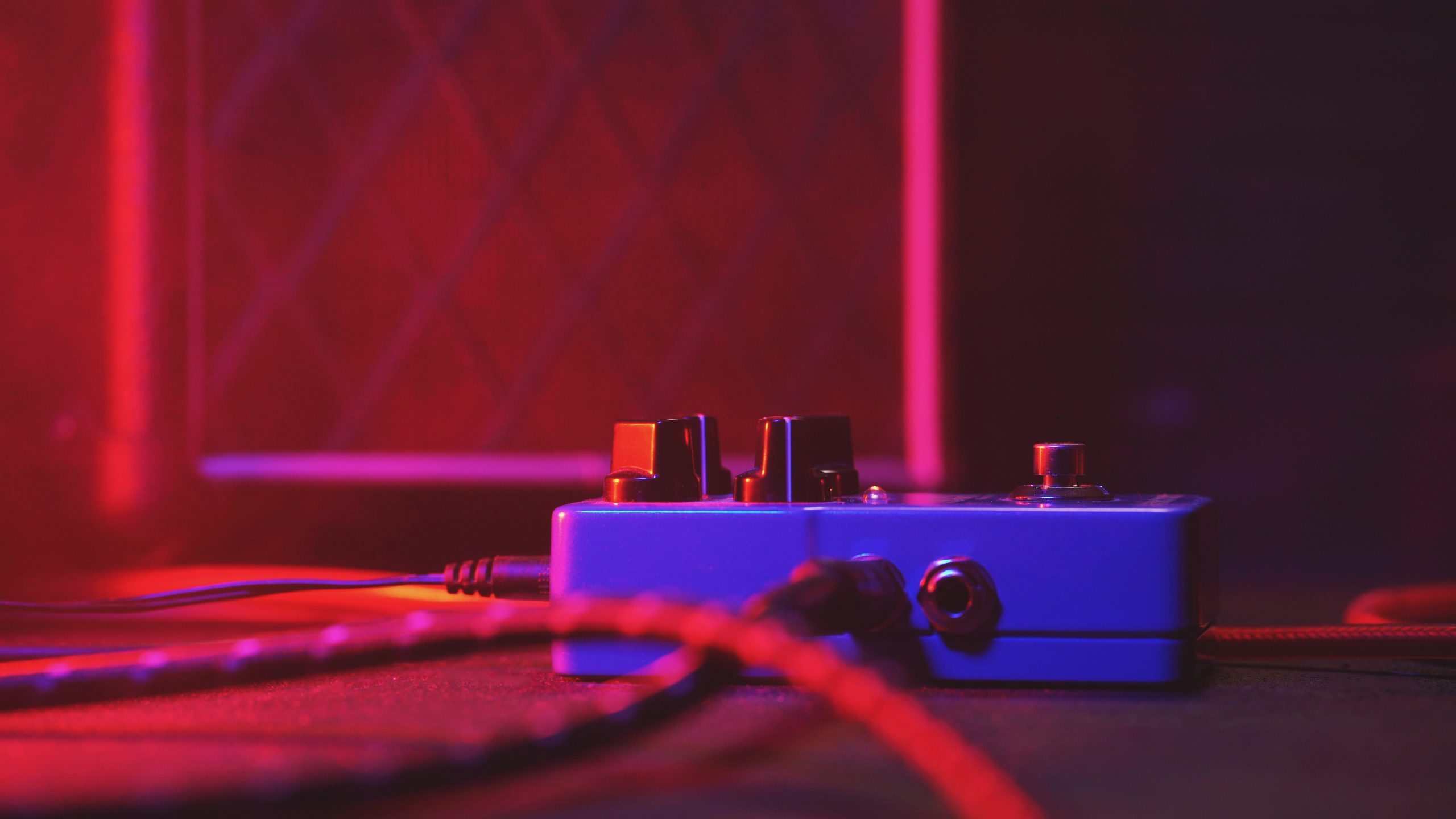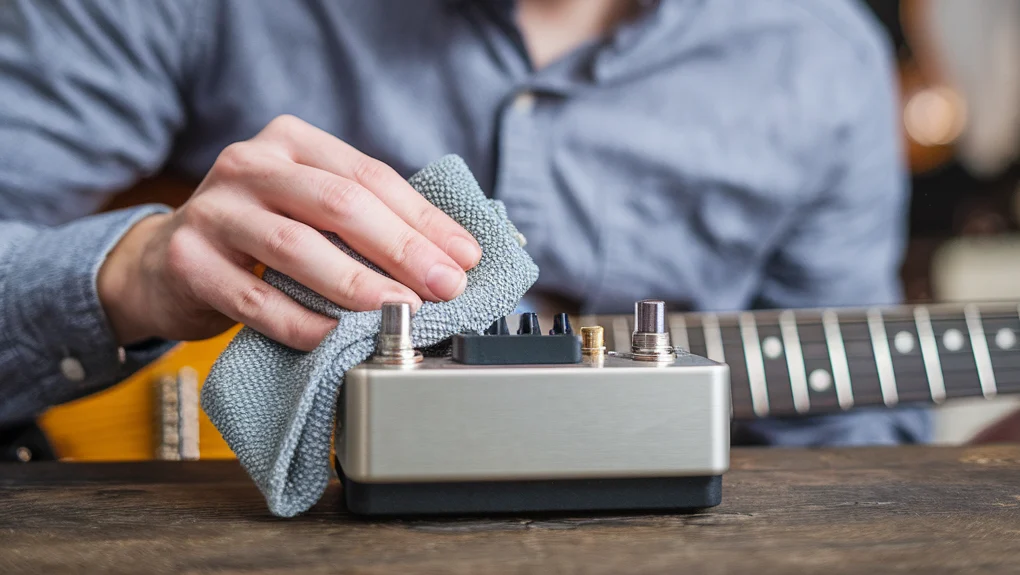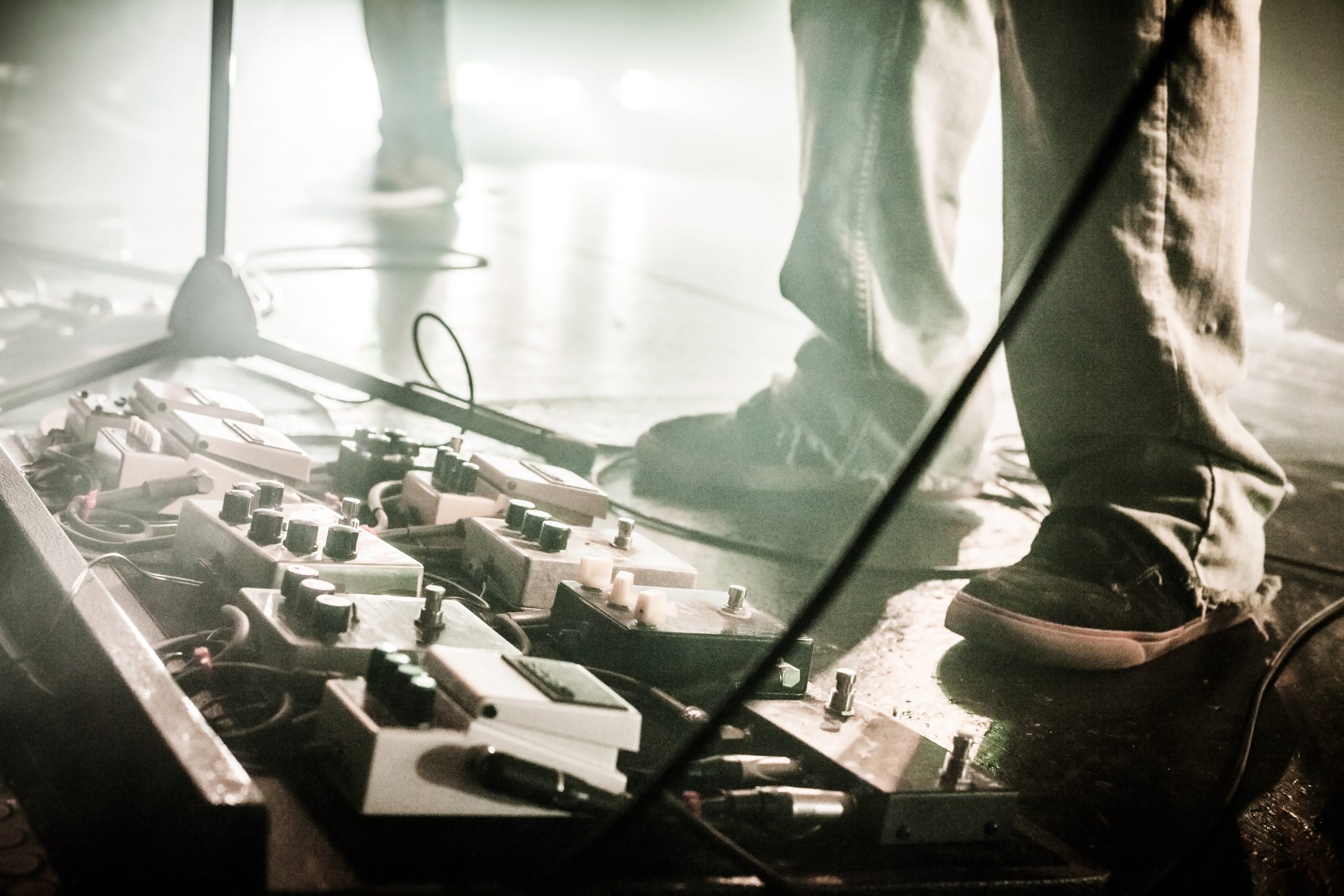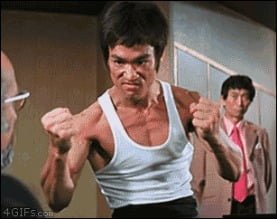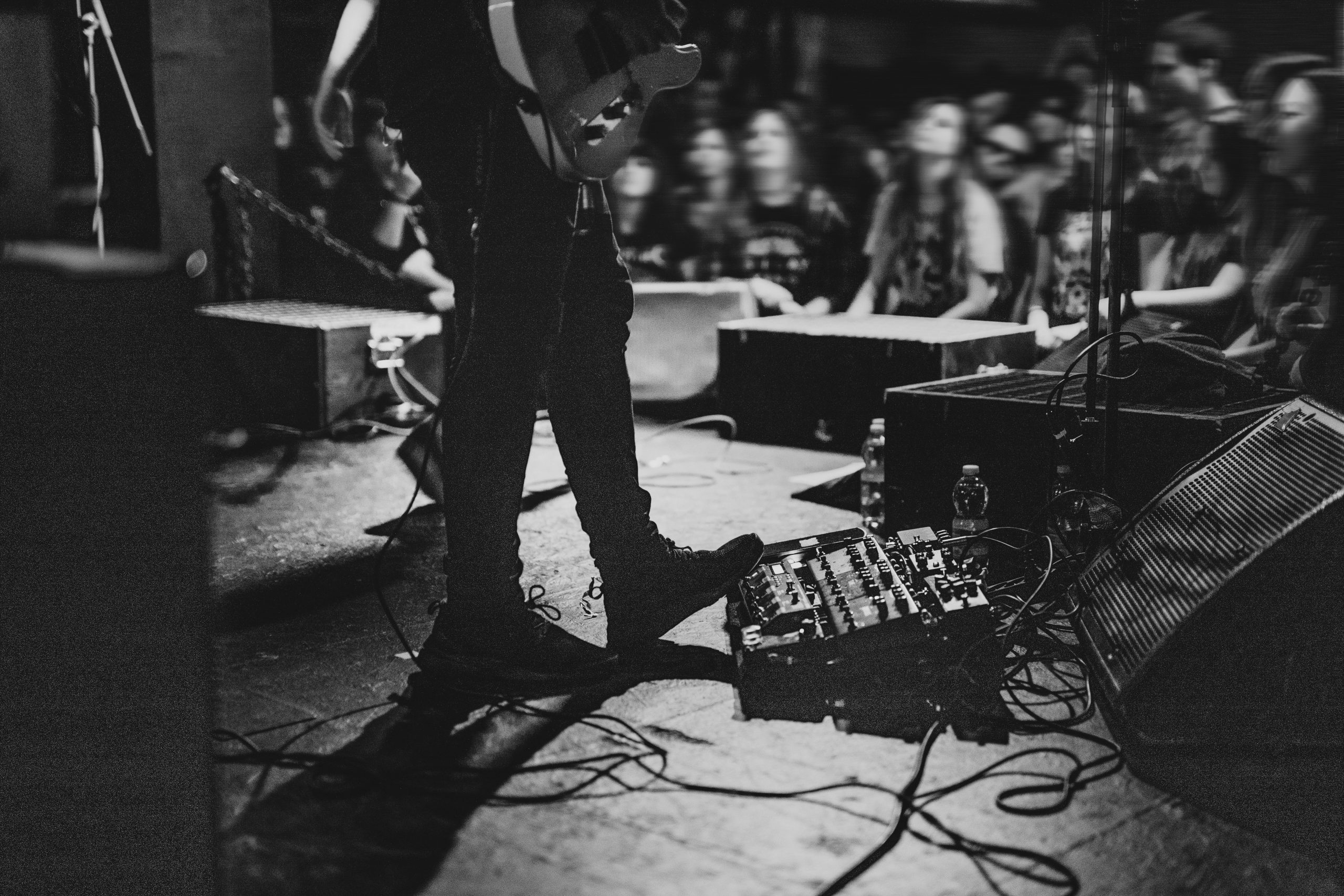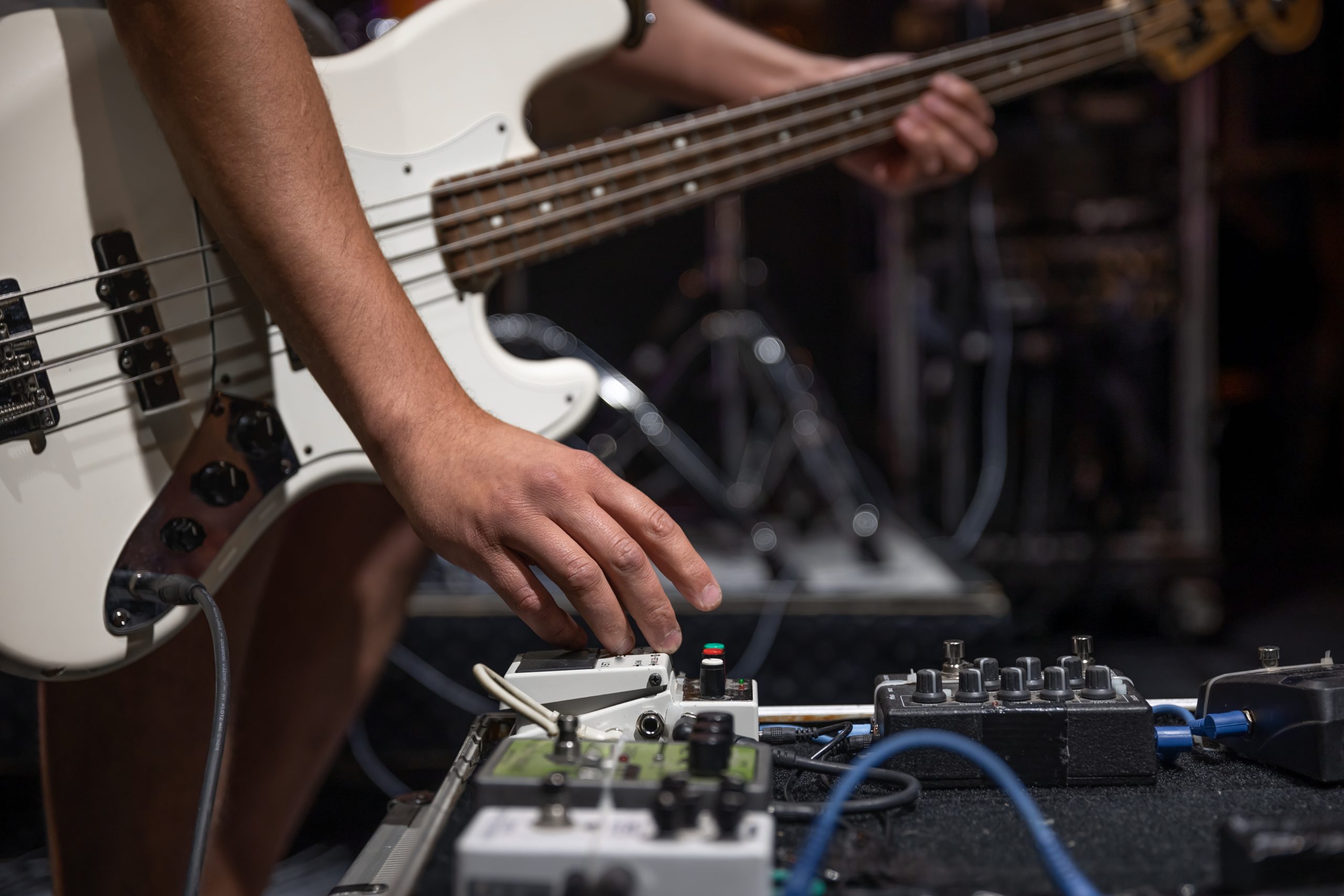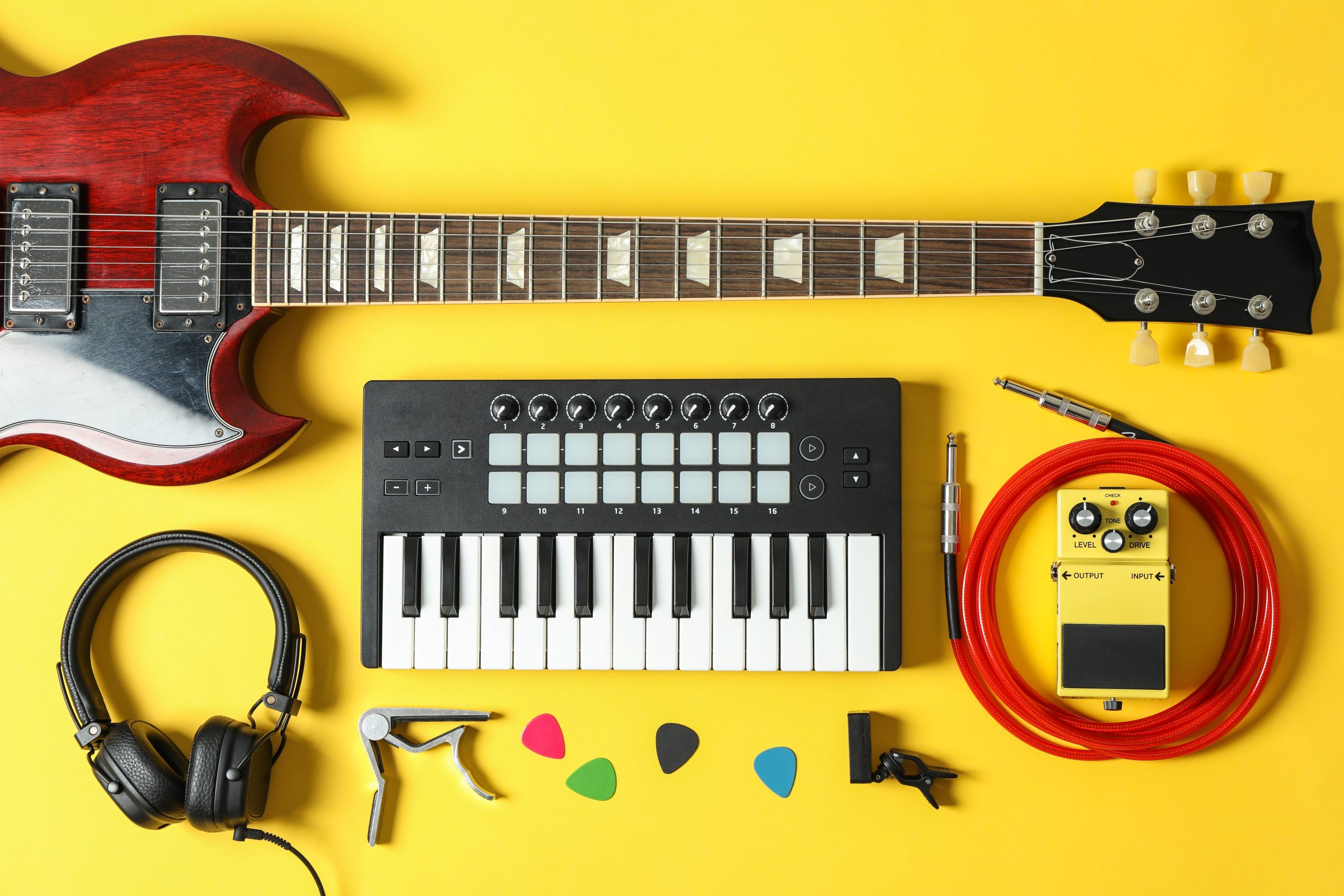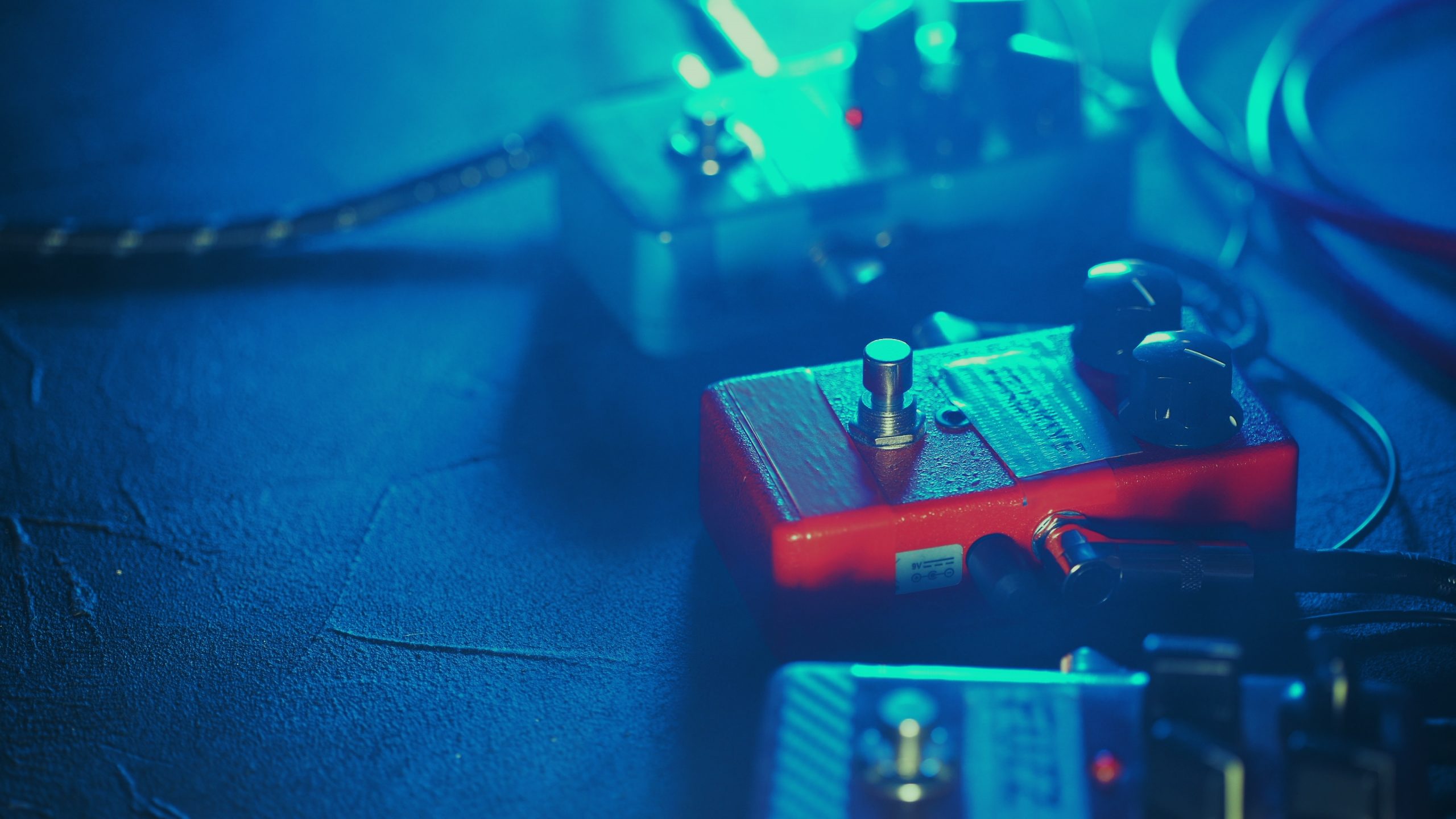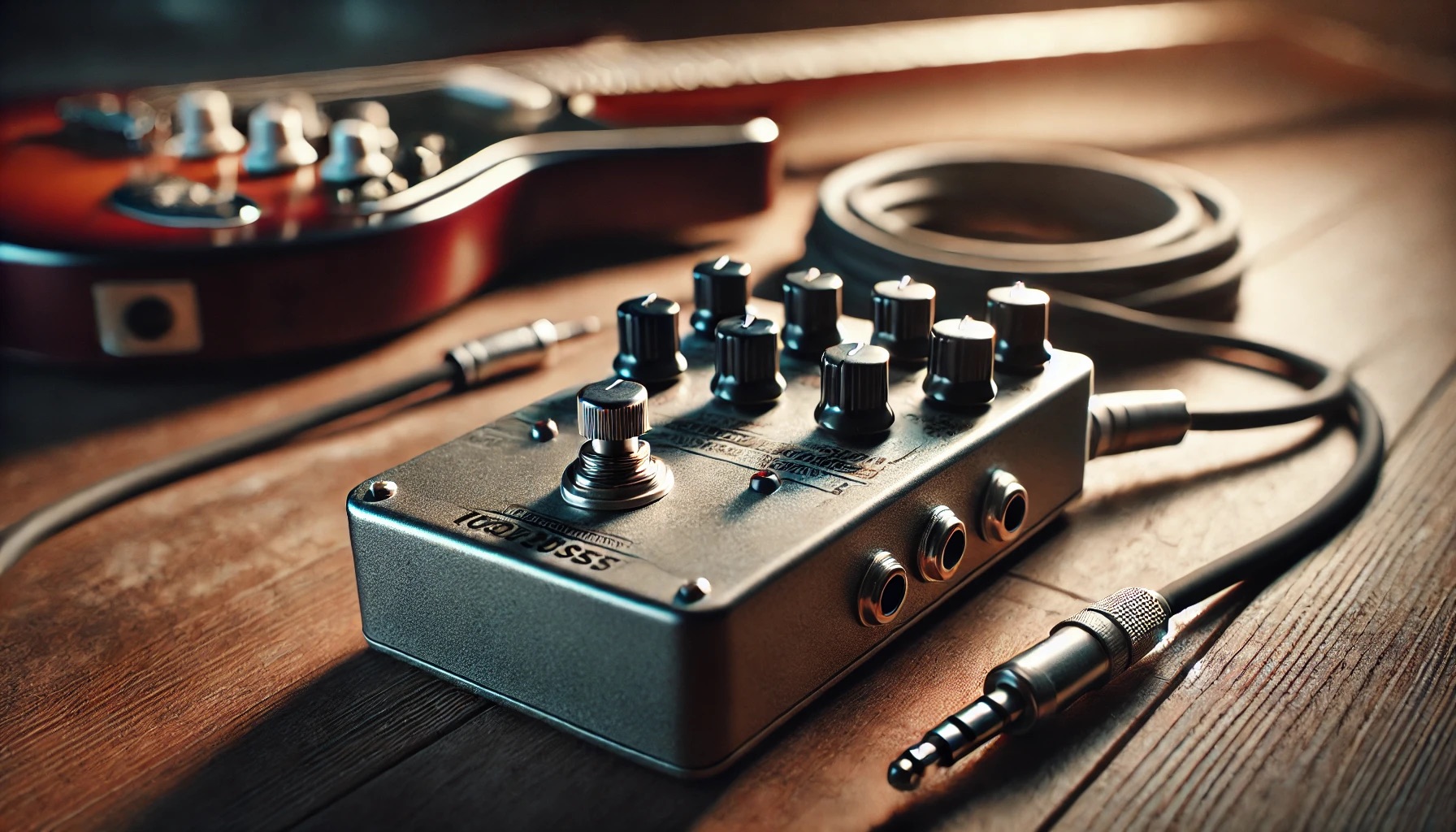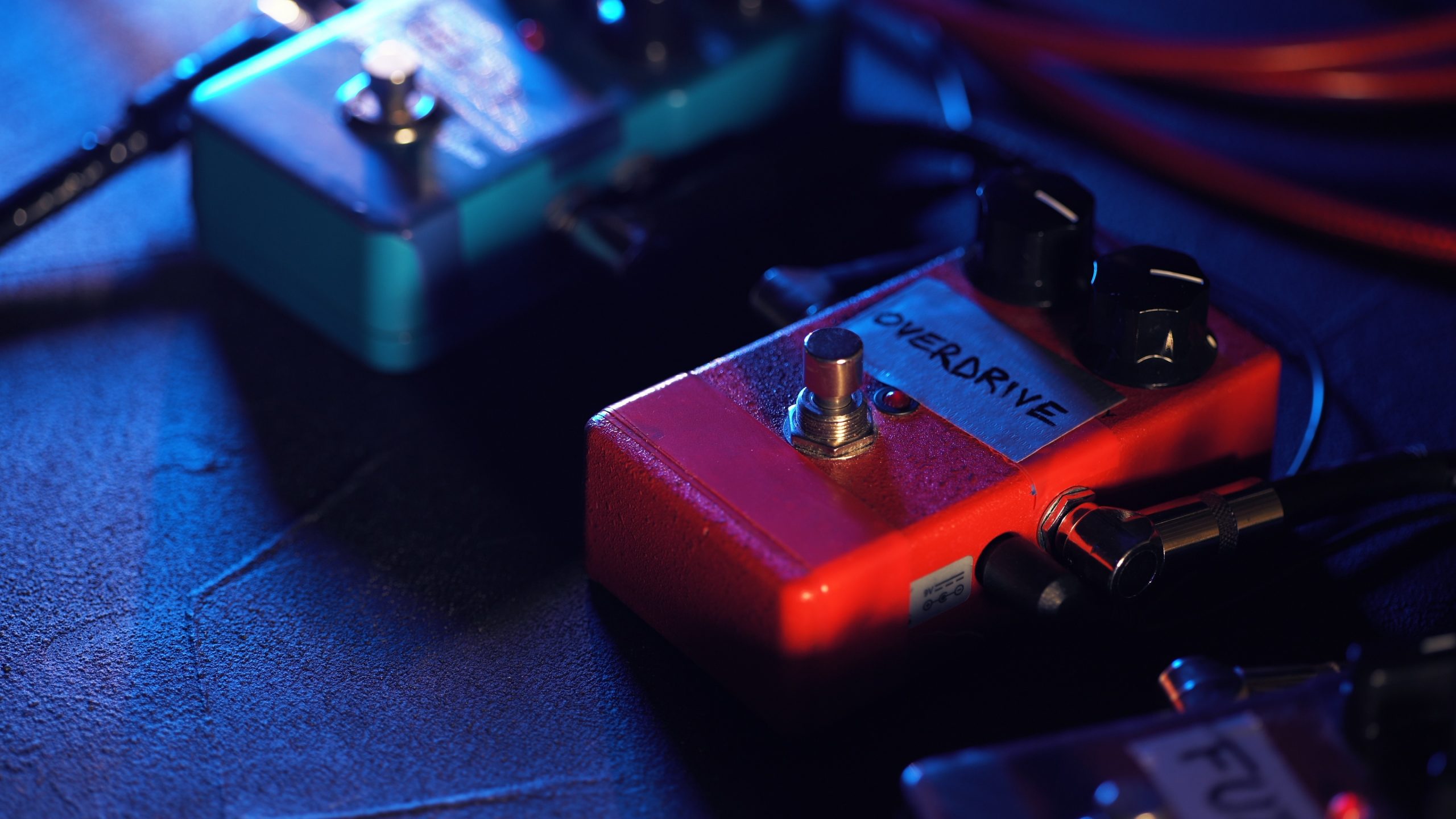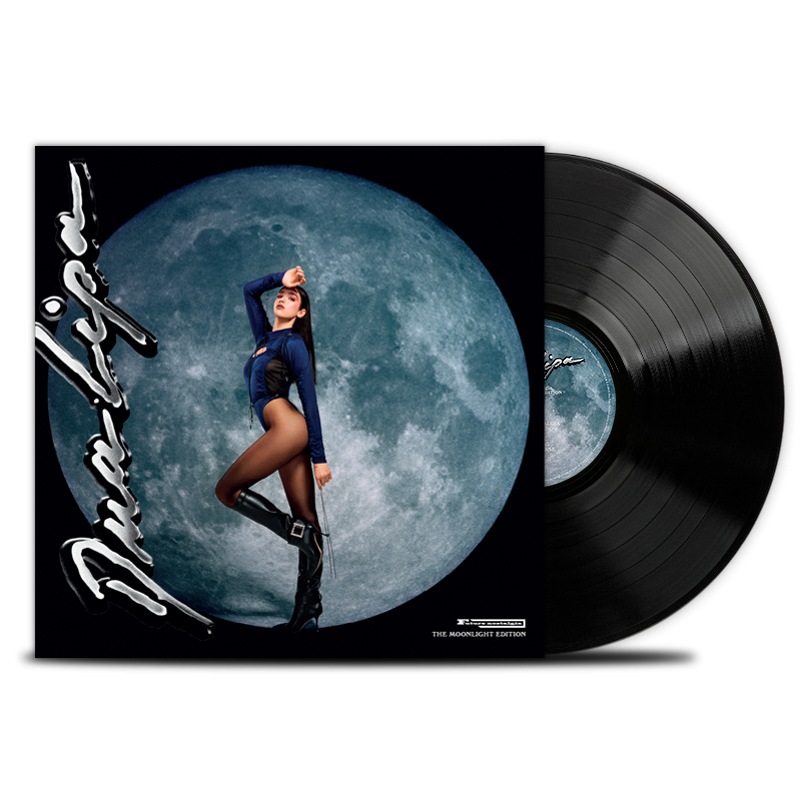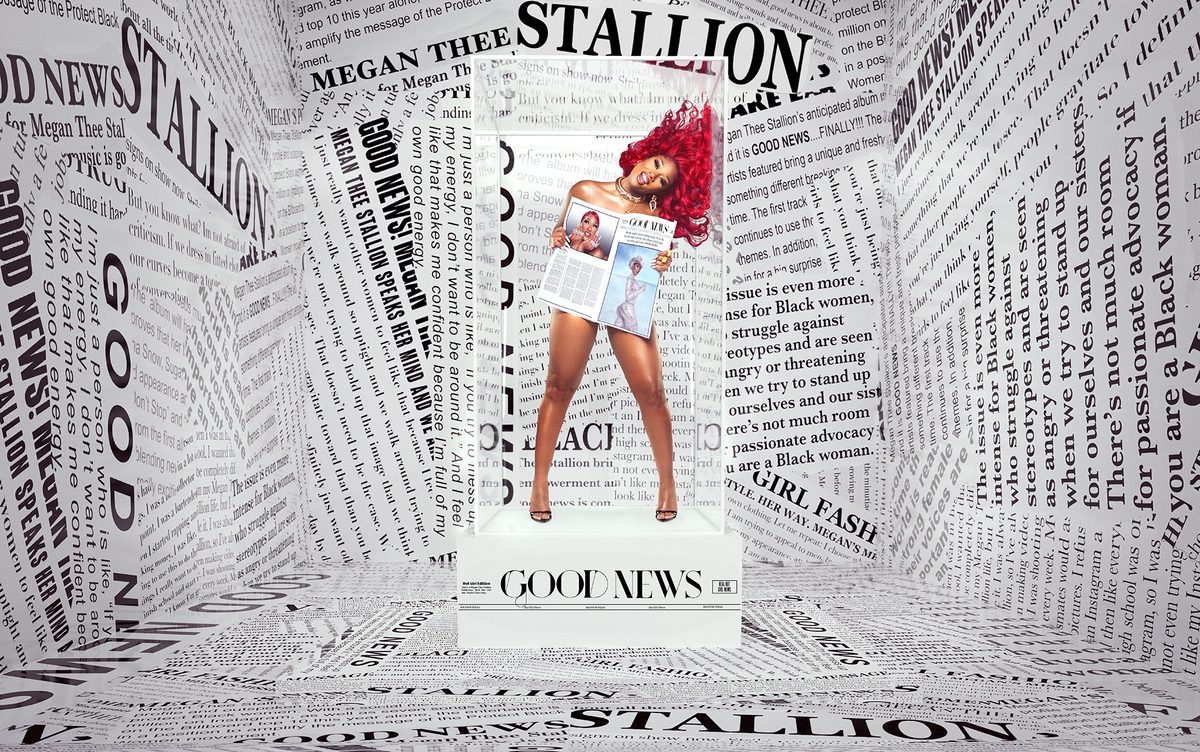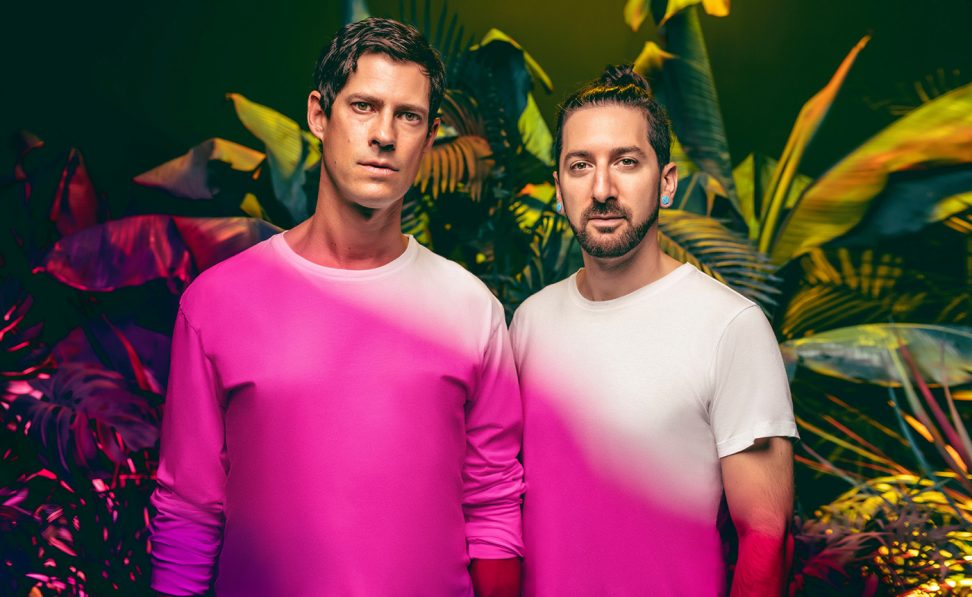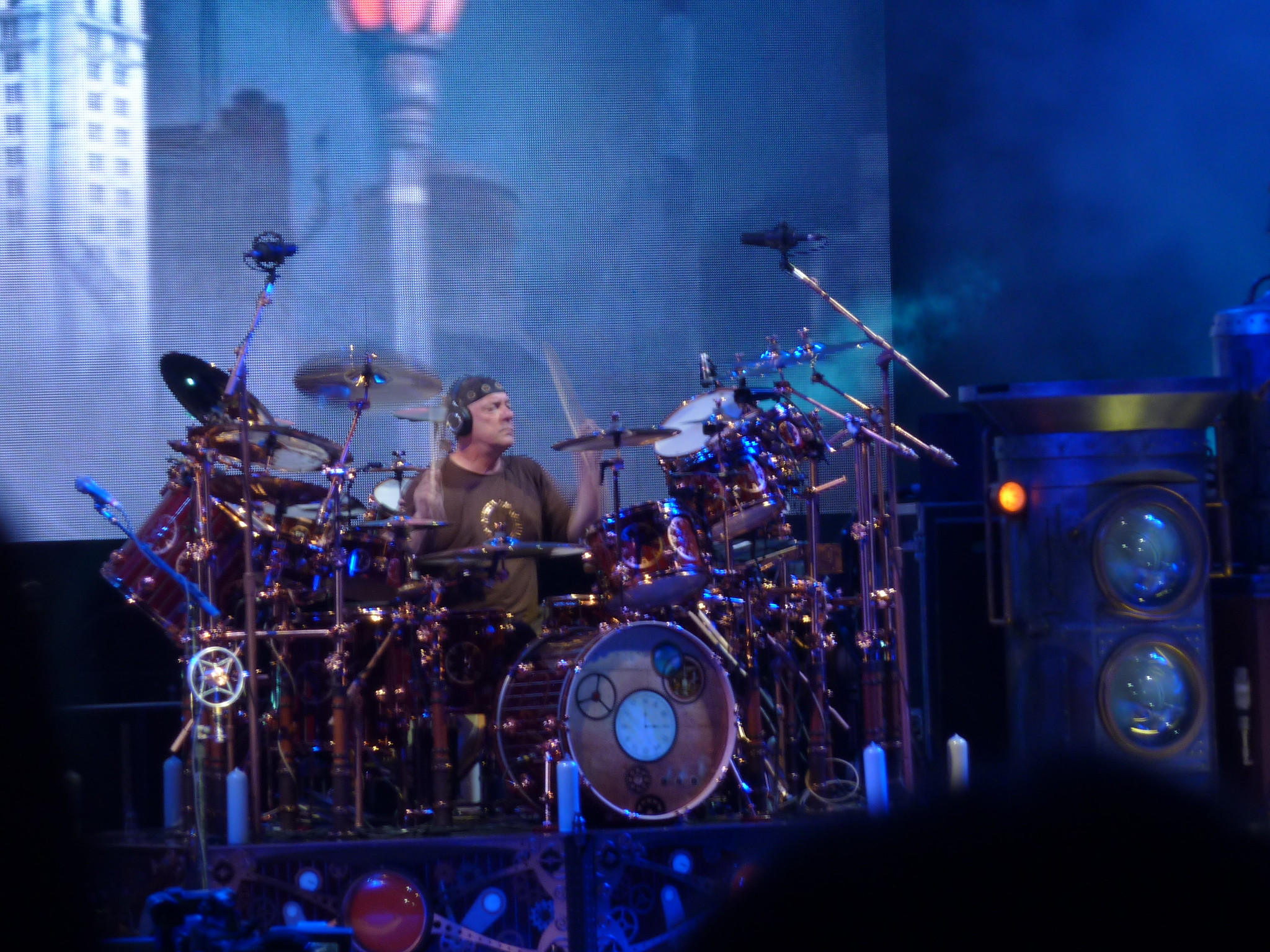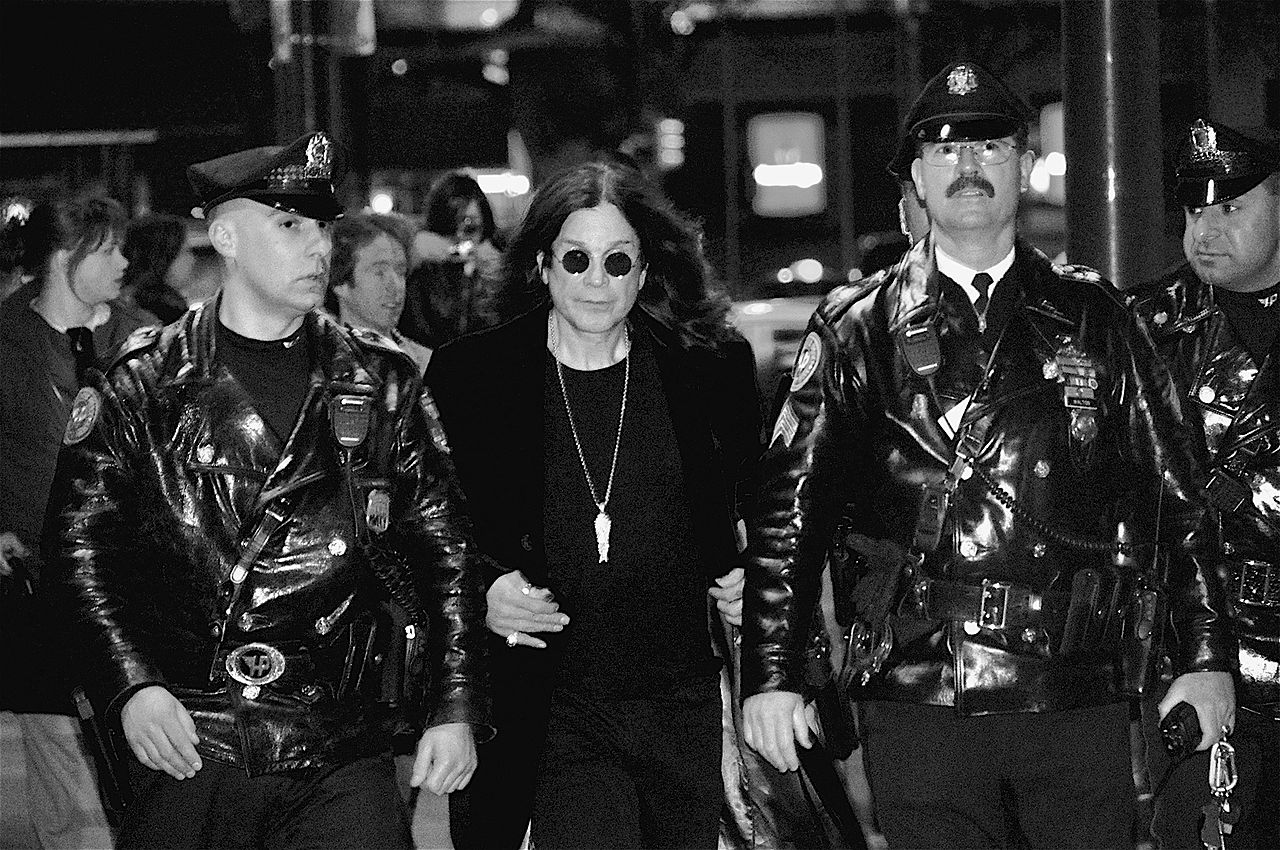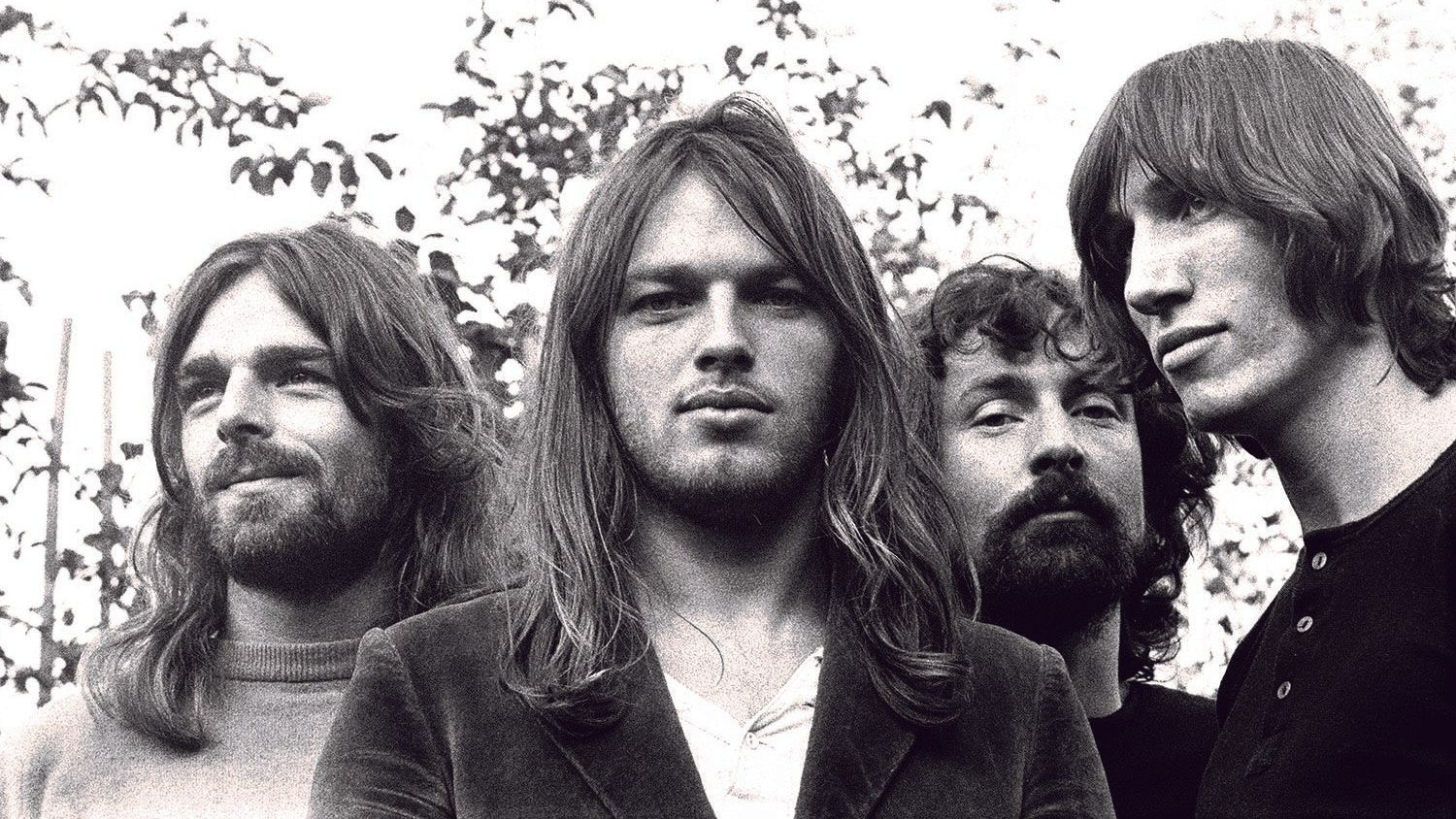KEY TAKEAWAYS
- Guitar pedals transform audio signals from the electric guitar jack to an amplifier or audio interface.
- There are many types of pedals out there, from reverb pedals to delay pedals, distortion pedals, and beyond.
- When using a pedal for the first time, power it on correctly and experiment with the various parameters and listen to how they impact the signal chain.
If you are new to the wide world of instrument effects, you may wonder how to use a guitar pedal. Many of the best guitars, after all, integrate with a vast array of effects pedals, though many players make avoidable mistakes when using these products. So what exactly are guitar effects pedals, what makes for the best guitar pedals, and how do you use them properly? Keep reading to find out.
What are Guitar Pedals?
Before learning how to set up guitar pedals, it is helpful to understand the exact definition of these little gadgets. Guitar pedals manipulate the audio signal in a wide variety of ways, sending that signal onto an amp or audio interface, even if you are just learning how to use a noise gate pedal. There are plenty of effects types out there if you are learning how to use a chorus pedal, among other effects. Modern players even seek to learn the definition of a loop pedal and other out-there designs.
There are so many pedals, in fact, that many players opt to learn how to power a pedal board to keep them all straight and easily accessible. Most famous players use a whole bunch of effects if you are learning about Jack White’s pedals.
Guitar Pedal Use Tips
Each pedal is different, but there are some general usage tips that apply to just about every design out there.
Experiment and Practice
Rome wasn’t built in a day, and neither will your pedal expertise. Do not be afraid to practice and experiment with the various parameters of your pedals. Do this in a quiet room so you can actually hear what the pedal is doing. In other words, don’t wait until practice or a gig to finally take a look at your new pedal. This is especially true when dealing with modern complex designs with plenty of knobs, dials, and, of course, quirks.
Power Them Correctly
Effect boxes require power, though you have a number of options here. Many pedals accept standard 9-volt batteries, but they go through them quickly, so exercise caution to protect your bank account. When it comes to standard power cables, be sure to have plenty of backups in case one fails. Finally, consider investing in or building a dedicated pedalboard. These contraptions power and hold multiple pedals at once.
Pedal Use FAQs
How do you plug in a guitar pedal?
Plug the guitar cable into the input jack to start the pedal chain, and then plug the other end into the electric guitar pickup.
How do you connect guitar pedals to each other?
You just need small guitar cables, sometimes called patch cables, to go from one input jack to the other. You also need a power source to accommodate each pedal.
How do you arrange multiple pedals?
The order of the pedals in your signal chain does impact the sound, but this pedal chain order falls down to personal preference. For instance, some people put a compressor pedal up top, followed by fuzz pedals, before hitting the guitar amp. Others put the overdrive pedal up top in the pedal chain.
STAT
“In their simplest form, pedals are small, metal enclosures housing circuitry you step on to activate; hence the slang name stompbox.” (source)
TIP: Keep your pedals clean and away from dust and have plenty of guitar cables on hand in case one fails.
Sources
https://www.wikihow.com/Use-a-Guitar-Pedal
https://deplike.com/blog/how-to-use-guitar-effects-pedals-amps-from-your-phone-or-tablet/
https://www.andertons.co.uk/beginner-guitar-pedal-guide
https://blog.andertons.co.uk/labs/guitar-pedals-synth


